Sitemap
A list of all the posts and pages found on the site. For you robots out there, there is an XML version available for digesting as well.
Pages
Cognitive and Human-Inspired Evaluation of Vision-Language Models in Scene Understanding
My thesis project explores the role of contextual cues in vision-language models for referring expression generation, introducing the Common Objects Out-of-Context (COOCO) dataset to evaluate models’ ability to leverage context under varying scene conditions, and analyzing attention patterns to understand scene processing in multimodal models. 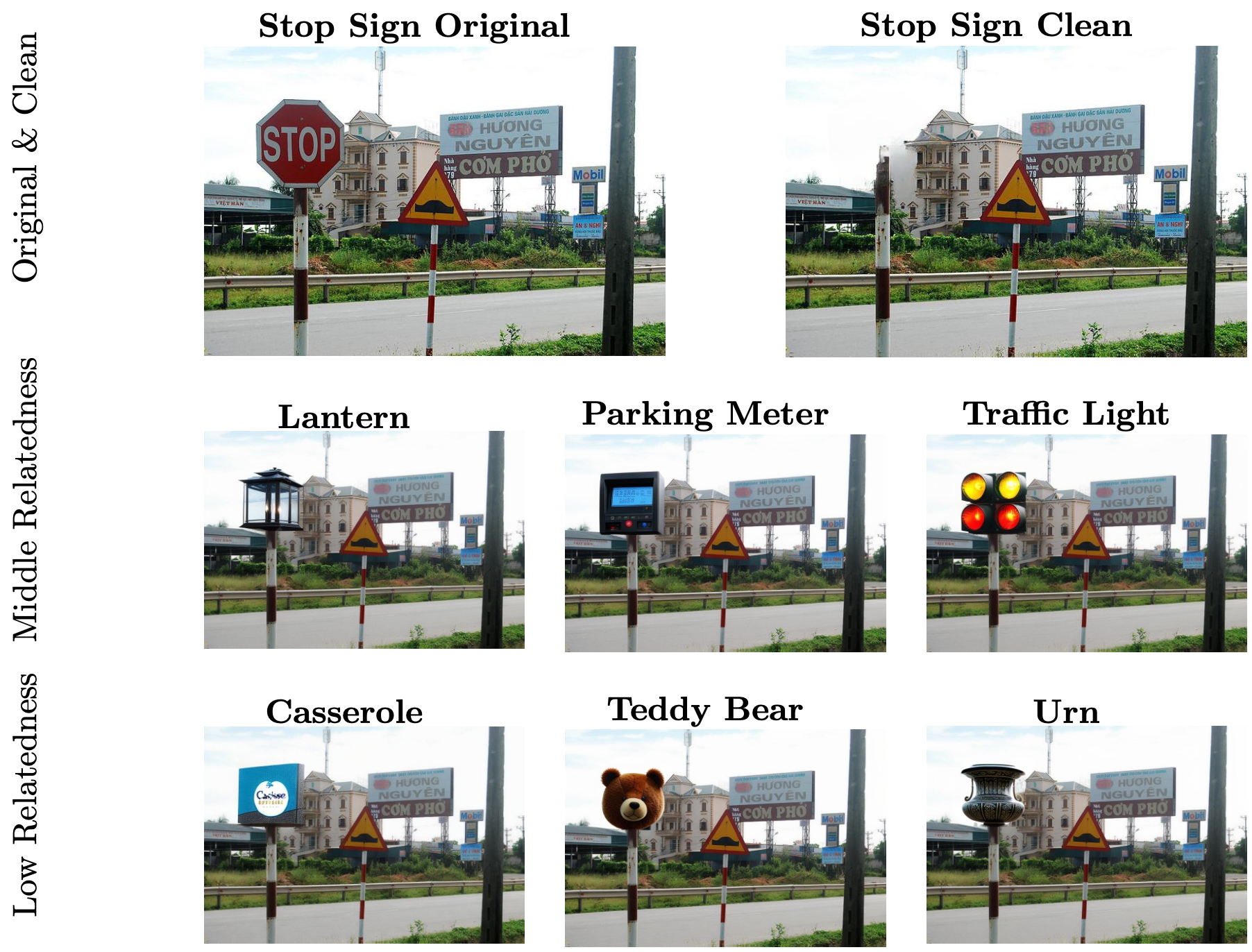
Posts
Future Blog Post
Published:
This post will show up by default. To disable scheduling of future posts, edit config.yml and set future: false.
Blog Post number 4
Published:
This is a sample blog post. Lorem ipsum I can’t remember the rest of lorem ipsum and don’t have an internet connection right now. Testing testing testing this blog post. Blog posts are cool.
Blog Post number 3
Published:
This is a sample blog post. Lorem ipsum I can’t remember the rest of lorem ipsum and don’t have an internet connection right now. Testing testing testing this blog post. Blog posts are cool.
Blog Post number 2
Published:
This is a sample blog post. Lorem ipsum I can’t remember the rest of lorem ipsum and don’t have an internet connection right now. Testing testing testing this blog post. Blog posts are cool.
Blog Post number 1
Published:
This is a sample blog post. Lorem ipsum I can’t remember the rest of lorem ipsum and don’t have an internet connection right now. Testing testing testing this blog post. Blog posts are cool.
portfolio
Cognitive and Human-Inspired Evaluation of Vision-Language Models in Scene Understanding
My thesis project explores the role of contextual cues in vision-language models for referring expression generation, introducing the Common Objects Out-of-Context (COOCO) dataset to evaluate models’ ability to leverage context under varying scene conditions, and analyzing attention patterns to understand scene processing in multimodal models. 
Acquiring Complex Concepts with Comparative Learning
This study explores whether Comparative Learning can enable a single multi-task Vision-Language Model (VLM) to acquire complex concepts through the logical composition of primitive notions.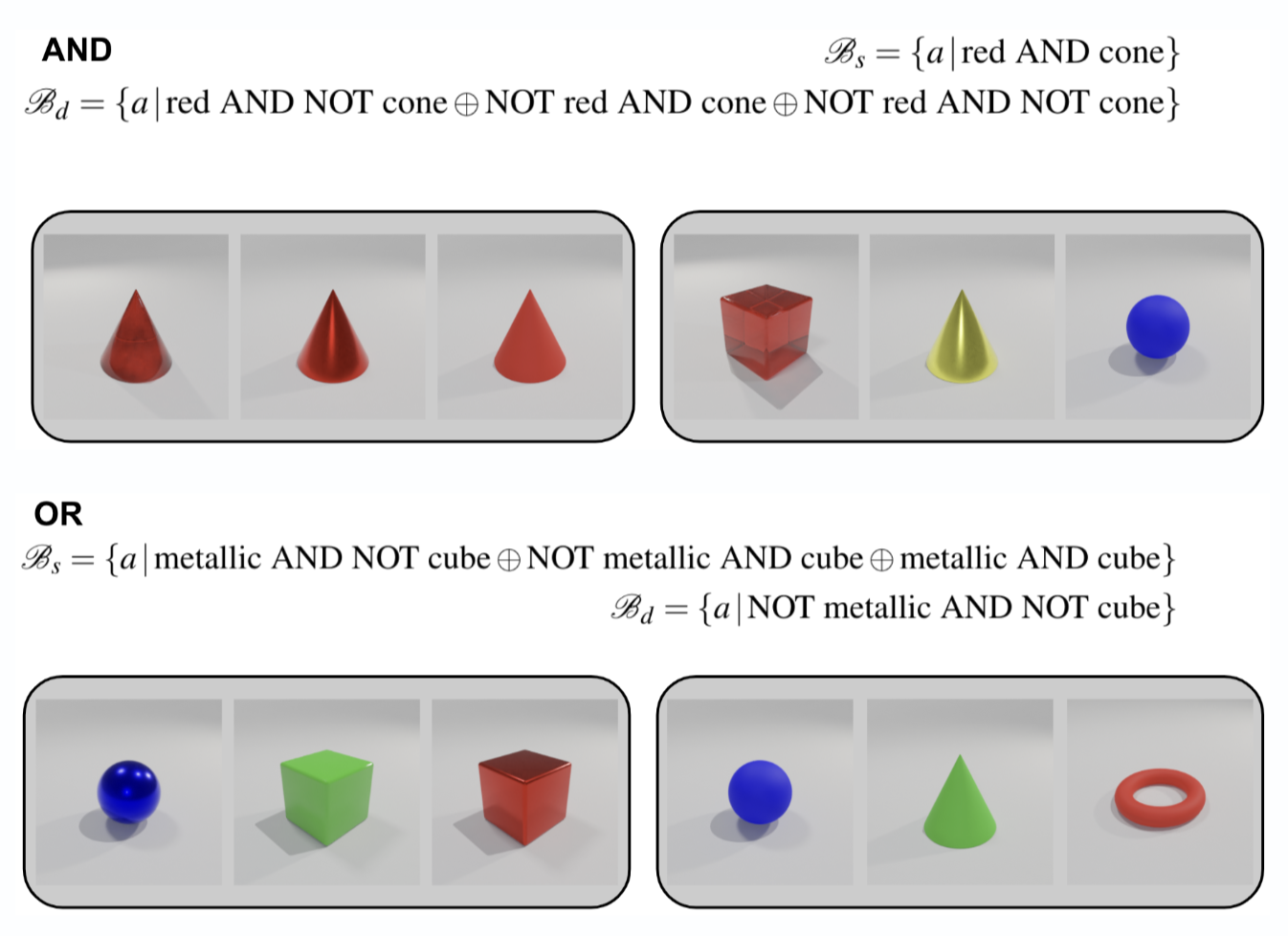
Exploring the Impact of Tokenization Strategies on Machine Translation using Transformer Seq2Seq Architecture
This project examines how different tokenization strategies—character-level, word-level, and subword-level (WordPiece)—affect the translation quality of Transformer-based Neural Machine Translation models, hypothesizing that subword-level tokenization offers the best trade-off between vocabulary efficiency and performance as measured by BLEU scores.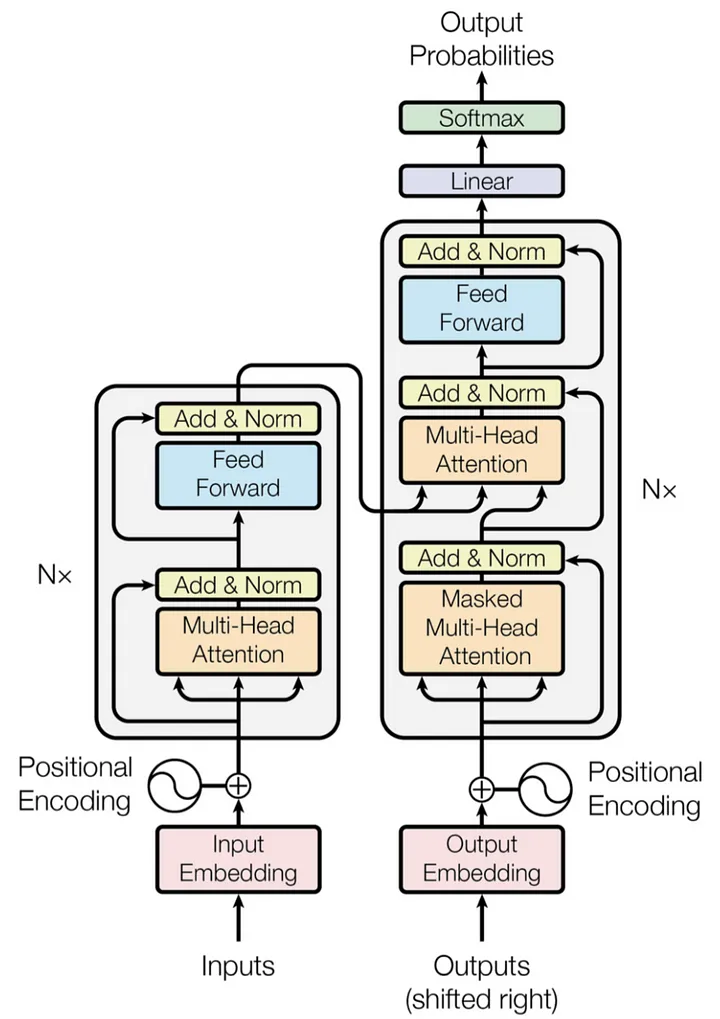
Prototyping with Generative Agents
This project builds on two studies by Joon Sung Park and collaborators to improve the prototyping of social computing systems. The first study, ‘Social Simulacra: Creating Populated Prototypes for Social Computing Systems’ (Park et al., 2022), introduces a technique called social simulacra, which generates realistic simulations of online communities based on a designer’s input (e.g., community goals, rules, and member personas) to expose potential social dynamics—both constructive and disruptive—at scale. The second study, ‘Generative Agents: Interactive Simulacra of Human Behavior’ (Park et al., 2023), presents generative agents, an architecture built around large language models enhanced with memory and reflective reasoning, enabling agents to simulate more coherent and human-like behavior over time. This project proposes integrating generative agents into the social simulacra framework to increase the realism and interpretability of simulated interactions. By giving each agent a distinct memory, personality, and ability to reflect, the system not only better mimics plausible social behavior but also supports qualitative analysis of interactions through agents’ internal perspectives.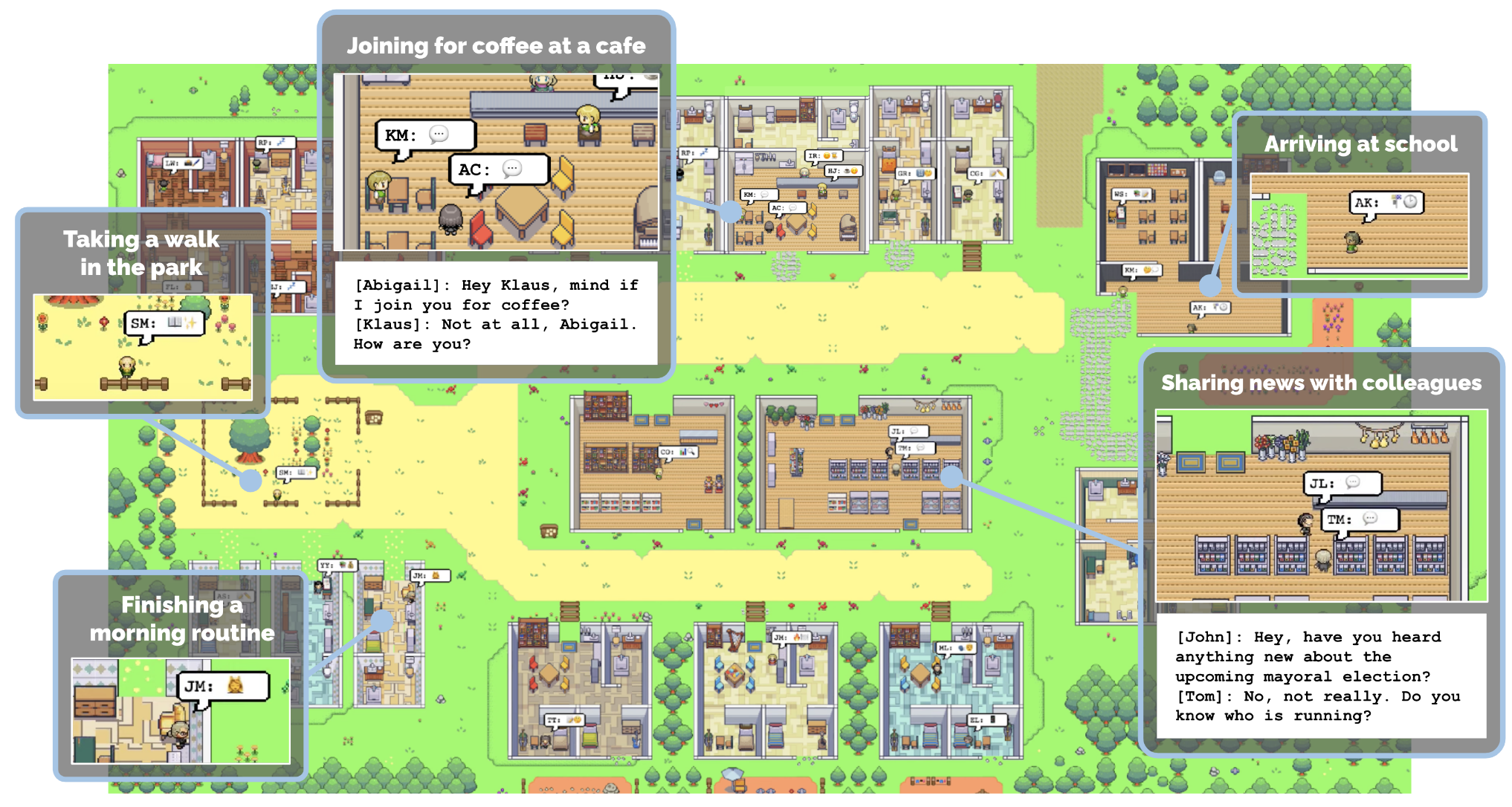
Priming of Real and Illusory Motion
This project I carried out as my bachelor’s thesis investigated how real and illusory motion influence visual attention through the phenomenon of priming. Building on paradigms from visual search literature, the study explored whether motion illusions—static images perceived as moving—can induce priming effects comparable to those of actual motion. An online behavioral experiment was conducted in which participants identified the location of a moving target among static distractors across trials. The study assessed priming effects based on target position and rotation direction, both within and across motion types (real vs. illusory). Results indicated that illusory motion, like real motion, acts as a guiding feature in visual search and can elicit priming effects. These findings suggest shared neural pathways and support models of perceptual memory involving multi-level modulation of attentional processes. 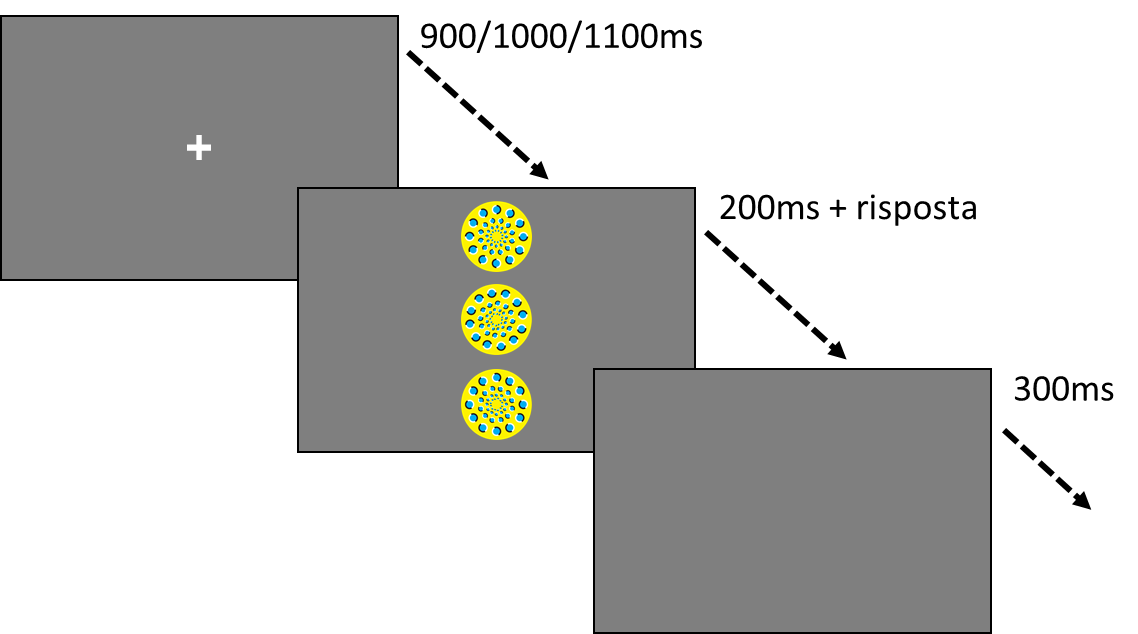
publications
ChatGPT’s Information Seeking Strategy: Insights from the 20-Questions Game
Published in INLG, 2023
